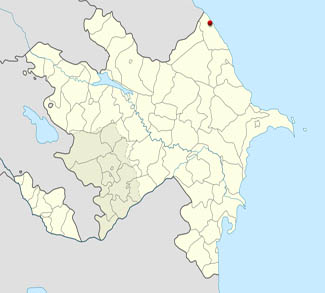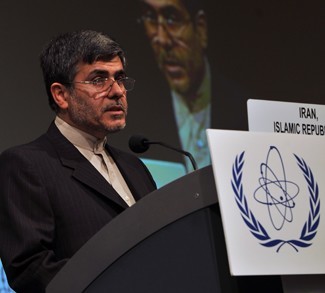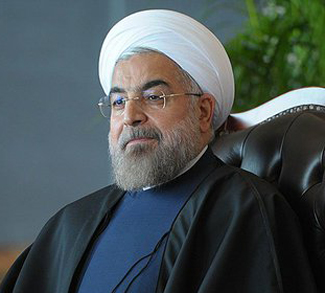A lot has been said recently about Iran-Azerbaijani relations, which is interesting because many people assume that the relationship between these two countries doesn’t have much of an impact on the world stage. Of course, this assumption is wrong, and Iran-Azerbaijani affairs actually influence a wide variety of issues, from global energy supply to the potential for an Israeli strike on Iran.
Iranian and Azerbaijani leaders have often espoused the motto of ‘one nation, two states,’quite like the Turkish and Azerbaijani political leaders who constantly refer to the strong bonds that exists between their respective peoples. Much has been written aboutthe ‘natural’ relations between these two states, and many feel that the idea has been manipulated in order to play on historical and ethnic ties, rather than reflecting some kind of spontaneous expression of real solidarity.
Relations between Baku and Tehran date back to when independent Azerbaijan was once apart of the neighbouring Iranian state before Russia invaded in the early 19th century. The diaspora also plays a part, as it is estimated that there are over 20 million Azerbaijani Turks living in Iran today.
Economic growth in Azerbaijan is met with fear by officials in Iran. With the Baku-Tbilisi-Ceyhan pipeline in place, there is the potential for explosive economic growth in Azerbaijan. This could potentially stir up southern Azerbaijani-Turkish ethnic consciousness within Iran, which in turn could cause a great deal of sectarian unrest. Although energy cooperation is a major factor in Iran-Azerbaijani relations, it is doubtful that this cooperation will ever develop to the point where it takes on a strategic element. This is in part due to the growing influence of outside players, particularly Western states who wish to control energy resources in the area and block any and all Iranian attempts to exert their influence.
Relations between the two states have recently soured to what can almost certainly be considered an all-time low. The worsening relationship has caused both sides to search for immediate security support from their respective allies. Azerbaijan has earmarked a considerable amount of its newfound energy wealth for defence purposes, and it has also been pursuing closer economic, technological, and military relations with Israel and the US. For its part, Iran has continued to deepen its own strategic relations with Russia and China.
In order to give itself a strategic lever against the Azerbaijan government, Iran has also been developing economic and strategic relations with Armenia, a country that actively supports the cause of self-determination in Azerbaijan’s Nagorno-Karabakh region. The Iran-Armenian connection could conceivably serve as a backchannel for moving Iranian arms into Nagorno-Karabakh, frustrating any Azerbaijani hope that their new allies and material capabilities will lead to a resolution of the issue.
There is another interesting element to the US-Israel-Azerbaijan triangle in regards to Iran. Some observers have speculated that Azerbaijan could serve as a launching pad for an Israeli air attack on nuclear sites in Iran.
As far as Azerbaijan is concerned, it will likely continue to seek the support of both the US and Israel and try to build itself up as a key influence within the area. President Aliyev has stated time and time again that no attack on Iran will originate from Azerbaijan. However if Iran becomes actively involved in Nagorno-Karabakh or the US feels that Iran has crossed the nuclear threshold, his stance could end up being weakened.




